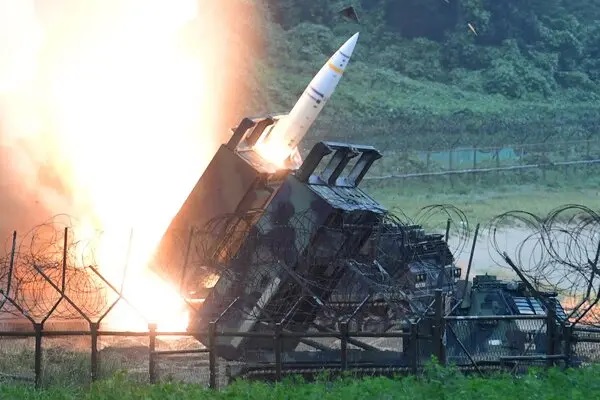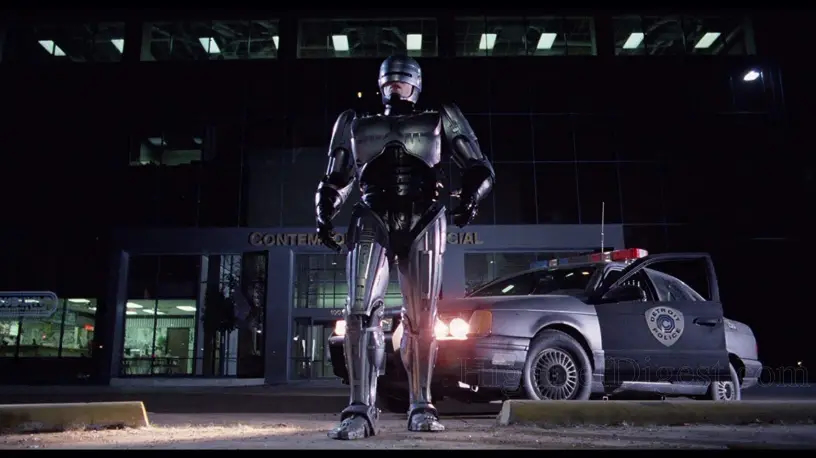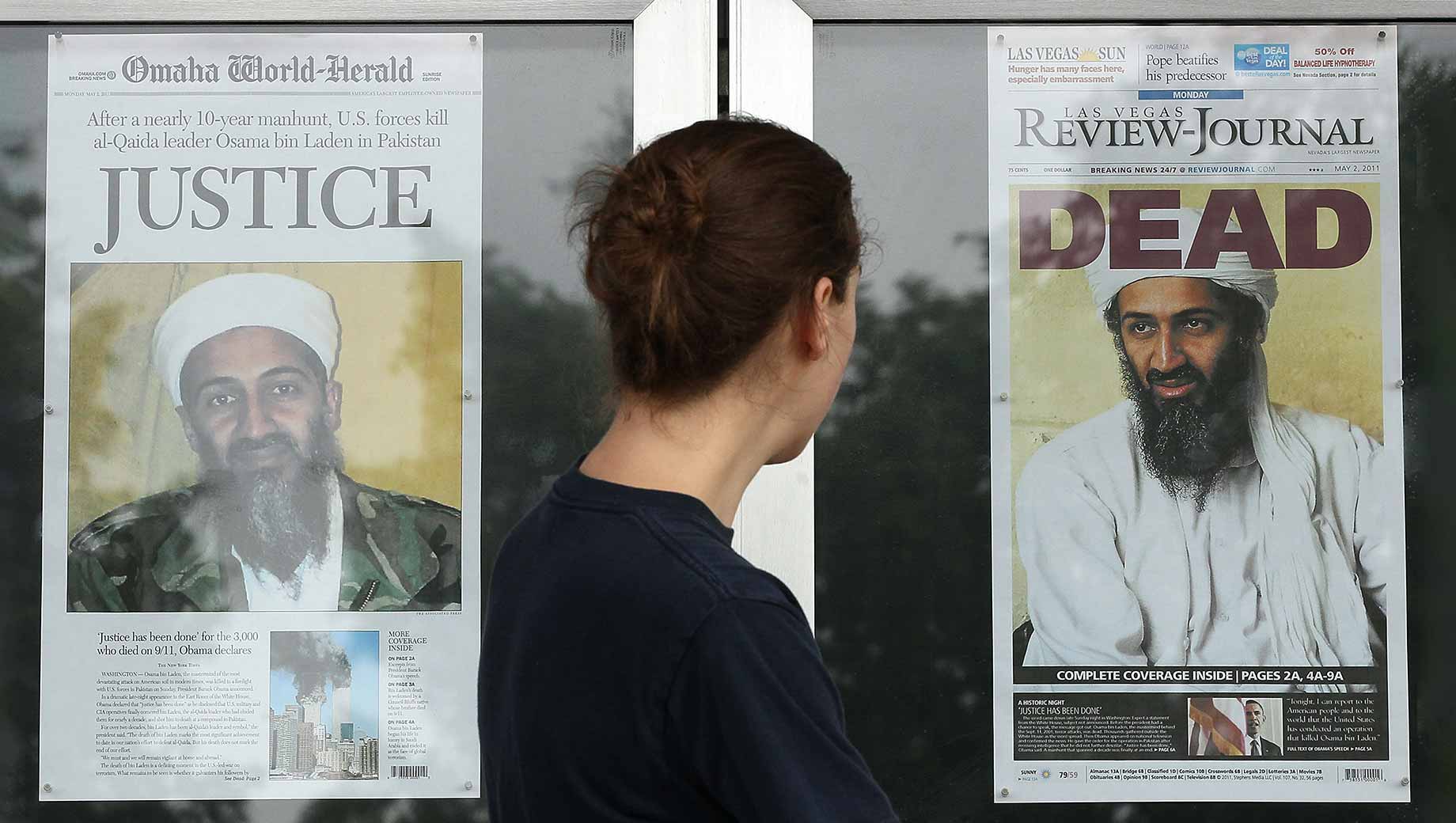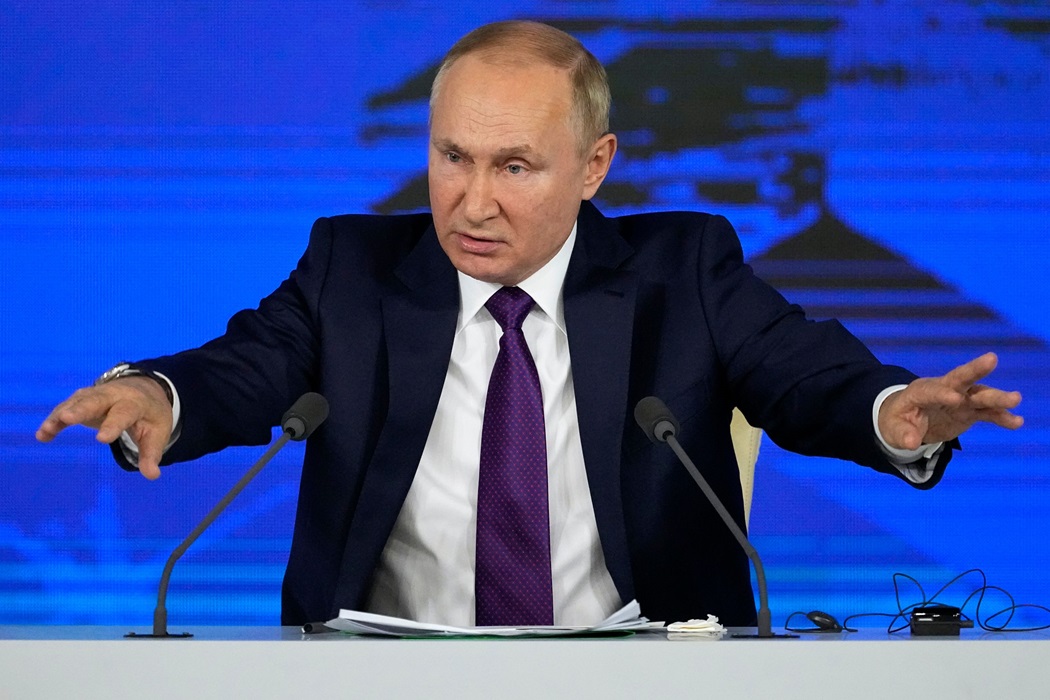
Despite Moscow’s harsh threats and fearmongering rhetoric, Ukraine crossed another Russia’s “red line” and attacked Crimea with five US-supplied missiles. The Kremlin blames Washington for Kyiv’s action but does not dare to respond thoughtfully, as it aims to avoid the escalation of the Ukraine war at any cost.
By Nikola Mikovic
Ever since it became clear that the United States and its allies plan to provide Ukraine with missiles and weapons that can hit the territory of the Russian Federation, Moscow increased its “doomsday narrative.” Russian President Vladimir Putin repeatedly stated that the use of Western-supplied arms on Russia’s soil by Kyiv could set “a dangerous new path” and that the North Atlantic Treaty Organization (NATO) should be ready for “possible consequences.”
“We have a nuclear doctrine. Suppose someone’s actions threaten our sovereignty and territorial integrity. In that case, we consider it possible for us to use all means at our disposal”, Putin said on June 5, signalling that Moscow might eventually use nuclear weapons, be it against Ukraine or its Western backers.
But since almost everything about the Russian leader proved to be nothing but empty rhetoric, very few policymakers in the West still take his threats seriously. As a result, the European Union approved up to €1.4B military aid to Ukraine from Russian frozen assets, which means that it is Moscow that will indirectly fund its destruction.
More importantly, as a consequence of Putin’s political impotence, Washington allowed Kyiv to use the American-made longer-range missiles provided by the United States to strike targets inside Russia. That, however, does not mean that Ukraine will rush to hit the Kremlin.
Kyiv will likely gradually raise the stakes. Its attack on Crimea on June 23, with US-made missiles, was the first step in that direction. Moscow’s reaction was relatively weak. Maria Zakharova, the Spokesperson for the Russian Foreign Ministry, said Russia will “do everything to ensure that the international community is notified of the latest crimes of the Kyiv regime.”
But that will not prevent Kyiv from striking Russian territory in response to the Russian invasion of the Eastern European country. Instead, Ukraine will continue crossing the Kremlin’s “red lines”. Sooner or later, its armed forces will begin to use Western-made longer-range missiles to attack military facilities not only in the Russian-annexed Crimea but also deep in Russia.
Although Ukrainian leaders would undoubtedly want to see their military strike Moscow, including the Kremlin and other government buildings, the West is unlikely to give Kyiv the green light for such an action. Western policymakers seem to fear that a large-scale humiliation of Russia could impact Putin’s reign, and that is what they want to avoid.
Western leaders are quite aware that, as long as Putin is in power in Russia, Moscow cannot achieve its goals in Ukraine. His policy of half-measures and minimal and calculated military operations cannot lead to Russia’s decisive victory. That is why the West will almost certainly not allow Ukraine to cross certain red lines and take steps that could destabilise Vladimir Putin.
But striking Russian military airports, bases, radars, military-industrial complex, oil refineries, and possibly power plants will be part of preparations for the Ukrainian offensive that will come either later this year or in the first half of 2025. Meanwhile, Ukraine will continue conducting a widely unpopular mobilisation, which is something the Kremlin refuses to do.
Even though Russia reportedly recruits 30,000 new soldiers a month, it does not have enough troops to achieve any of its strategic goals in Ukraine. To preserve the status quo on the ground – which seems to be the Kremlin’s top priority – Moscow might have to conduct another “partial mobilisation” in the foreseeable future. But before that, it will have to find a way to deal with the Ukrainian missile attacks.
Since the Russian-dominated Collective Security Treaty Organization (CSTO) disregards the fact that NATO-backed Kyiv continues attacking one of its members daily, it is obvious now that the military alliance does not plan to get involved in the Ukraine war. Russia is, therefore, on its own. Or maybe it’s not?
Putin and North Korean leader Kim Jong Un have recently signed a defence pact. Their “comprehensive partnership agreement” provides, among other things, “for mutual assistance in the event of aggression against one of the parties to this agreement.” Although Pyongyang openly supports and arms Russia and will continue to do so, it is not very probable that Kim Jong Un will send North Korean soldiers to fight in Ukraine, regardless of Kyiv’s missile attacks on Russian territory.
Quite aware of that, Putin will have difficulty implementing his current political and military approach regarding Ukraine. But since he does not seem willing to make any crucial changes for the Russian population – not only in regions bordering the neighbouring country but elsewhere – life under the bombs may become a daily routine. And that is the result of Putin’s “special military operation” in Ukraine.






